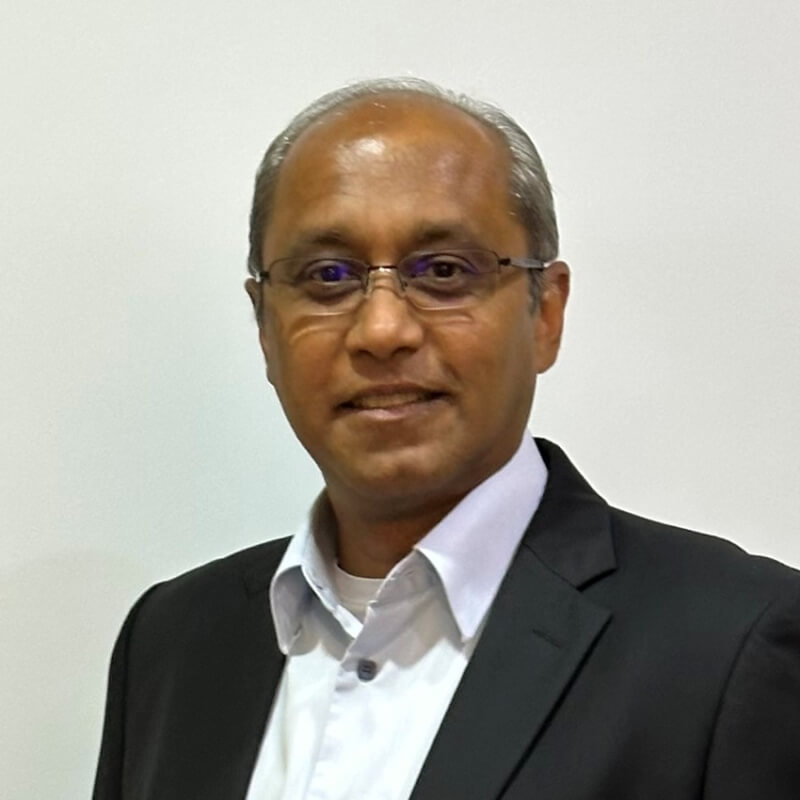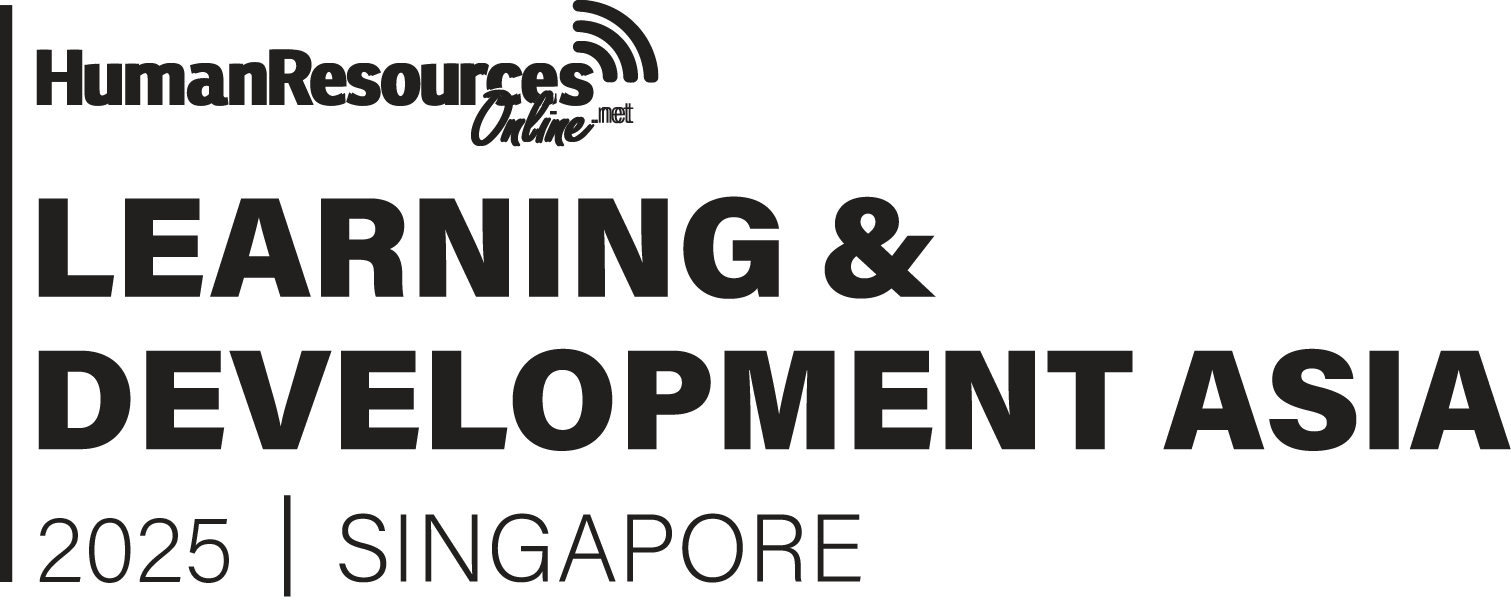DAY 1 | WEDNESDAY, 10 SEPTEMBER 2025
8:00 AM
Registration
9:00 AM
Welcome address

Priya Sunil
Deputy Editor, Southeast Asia
9:20 AM
[Opening keynote]
Championing change: Building skills, speed, and resilience across the organisation
For employers, it’s critical to not only drive transformation but also equip your teams with the right skills to thrive. The key lies in developing advanced digital competencies, fostering agility across the organisation, and embedding change management capabilities that future-proof the workforce.
In this high- impact opening keynote, our guest speaker will share advice on:
- Importance of labour mobility in an unpredictable world and the role of HR leaders in uncovering talent in unexplored ways.
- Supporting future-focused career pathways through long-term skill-building and job matching.
- Creating inclusive talent ecosystems by partnering across sectors to unlock hidden potential.
- Collaborating across the labour market to strengthen resilience and accelerate innovation.

Kenny Tan
Deputy Secretary (Workforce)
Transforming capability building
10:00 AM
[Panel discussion]
Unlocking potential within: Rethinking internal talent development & mobility
The talent you need might already be in your organisation, if you know how to find and develop it. Internal talent development, mobility, and intercultural skills are increasingly vital for filling skills gaps quickly and ensuring teams work effectively across borders, especially in times of global tension and uncertainty. Yet many organisations still struggle to make internal mobility truly strategic, fair, and future-focused.
Let’s come together to learn how to:
- Surface hidden skills and connect them to high-impact opportunities across the organisation.
- Enable talent mobility by shifting the focus from roles and titles to capabilities and potential.
- Build a culture and infrastructure that supports cross-functional moves and reduces talent hoarding.
- Use data and people analytics to identify mobility opportunities and future-ready talent from within.
- Develop strong intercultural skills, ensuring employees can collaborate effectively in multinational teams and adapt to diverse markets.

Shah Md
Regional Head of People
HEPMIL Media Group
Panellists:

Diane Mullen
Manager, Cartus Intercultural Academy

David Hendrick Jr
Director, Human Resource Capability Development (Population Health)
NHG HEALTH
10:40 AM
Morning break
11:10 AM
[Keynote presentation]
AI for business: How to supercharge performance by working faster and smarter
As businesses strive to boost productivity and make better decisions at speed, combining human judgment with AI tools has emerged as a powerful strategy. Rather than replacing human thinking, AI is becoming a key enabler, supercharging how we research, analyse, and solve complex problems.
This session explores how to combine AI with human judgment to tackle complex problems more efficiently, while saving time. Join our speaker to dive into:
- Writing powerful, reusable prompts to turn ChatGPT into a lightning-fast researcher, writer, and analyst.
- Applying structured problem-solving frameworks—such as MECE issue trees and hypothesis testing—while keeping final judgment firmly human.
- Spotting and fixing common AI pitfalls, including bias, hallucination, and data-privacy risks, to ensure reliable, responsible outputs that are safe to share.

Isaac Reyes
Co-Founder
StoryIQ
11:50 AM
[Keynote presentation]
Boosting talent density: Rebuilding core capabilities to strengthen organisational performance
Before organisations can unlock innovation and transformation at scale, they must first solidify the fundamentals. This means ensuring every employee not just high performers, possesses the core competencies, behaviours, and mindset needed to meet evolving business demands. Focusing on foundational skills and behavioural alignment, organisations can significantly increase talent density – the collective strength, readiness, and potential of their workforce.
This session explores how strengthening the basics today can lay the groundwork for more ambitious, innovation-led strategies tomorrow.
Let’s come together to learn:
- Redefining the baseline – What core competencies and behaviours are non-negotiable in a high-talent-density organisation?
- From fragmented to focused – Building a unified L&D strategy that reinforces critical capabilities across all levels.
- Readying leaders from within – How reinforcing the basics improves succession pipelines and builds leadership readiness.

Takashi Tsutsumi
CEO
GLOBIS Asia Campus
12:30 PM
Networking lunch
1:30 PM
[Experiential workshop]
Get ready to soar: An interactive adventure in navigating change and building agility
Join us for an immersive, high-energy showcase where you will experience the challenge of Evolution™ hosted by Eagles Flight, while sharpening your agility, collaboration, and communication skills. In this interactive, gamified workshop, you will be thrown into a world of constant change, tasked with re-creating as many intricate illustrations as possible within the time allotted.
In this one-hour exclusive workshop, get set to adapt to shifting priorities, unexpected obstacles, and competing demands! Evolution™ not only demonstrates the impact of uncontrolled change, but also creates a shared experience for participants to refer to as they tackle real-world change within their organisation.
Key learning outcomes:
- How experiential learning bridges the gap between knowing and doing in a fast-paced work environment.
- Practical ways to strengthen adaptability and resilience in the face of uncertainty.
- Tactics for leaders to cultivate a culture of trust, proactive communication, and continuous learning.
Facilitator:

Andrew Thomas
Regional CEO
2:30 PM
[Keynote presentation]
From roles to readiness: The shift to a skills-first approach
As organisations transition from traditional role-based models to skills-based structures, many are discovering both the promise and the pitfalls of this transformation. While the approach offers increased agility and more targeted development, successful implementation requires more than just a mindset shift, it demands integrated systems, reliable data, and cultural alignment.
This session will unpack the real-world progress of skills-based transformation, what’s working, what’s not, and how L&D leaders can navigate the shift with impact and intention.
- Lessons from successful implementations, from personalised L&D plans to clearer internal mobility.
- How skills-based structures are enabling fluid talent deployment across roles and functions.
- How organisations are balancing role-based and skills-based approaches in practice.

Eileen Nah
Managing Director and Head for Leadership
OCBC
3:10 PM
Afternoon break
Proving learning value & ROI
3:40 PM
[Keynote presentation]
Blending technology with human centricity: Creating holistic talent strategies that drive business growth
Keeping up with constant change and shifting workforce expectations isn’t easy. Organisations today are challenged to rethink how they support employee growth, manage performance, and plan for future leadership. Ensuring people feel valued, developed, and ready for what’s ahead has become a top priority for HR and business leaders alike.
This session will explore practical approaches to strengthening your talent strategy and unlocking workforce potential to drive business success.
Join our speaker’s session to discover ways for:
- Integrating performance, learning, and succession data to create holistic talent strategies that align with business goals.
- Empowering managers and employees with user-friendly platforms to drive engagement and continuous development.
- Identifying skill gaps, informing workforce planning, and enabling targeted development initiatives using data-driven insights.

Wengang He
VP Customer Success
aTalent
4:20 PM
[Mini keynote presentation]
Beyond numbers: Rethinking ROI by rooting workforce skilling in business priorities
Proving the ROI of learning and development is a persistent challenge but perhaps the more important question is: Are we solving the right business problems to begin with?
In today’s climate, organisations face mounting pressure to prove the value of learning initiatives. But without a strong link to business goals, even well-designed programmes can miss the mark. From early diagnosis of organisational challenges to involving business leaders in the design phase, every step should be rooted in solving tangible business problems, and not just meeting HR KPIs.
In this session, we will explore:
- How to move from isolated learning metrics to strategic ROI that reflects business performance.
- The importance of aligning training with clearly defined pain points and objectives.
- When deep evaluation is necessary, and when actionable insights and business alignment speak louder than data.
- Practical examples of how to frame L&D outcomes for senior leadership in a business-relevant narrative.

Aran Liu
Vice President, Human Resources, CIF APA
4:40 PM
Closing remarks

Priya Sunil
Deputy Editor, Southeast Asia
4:50 PM
